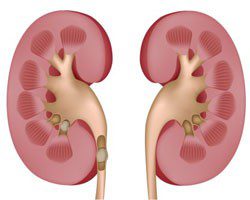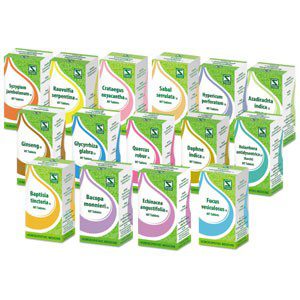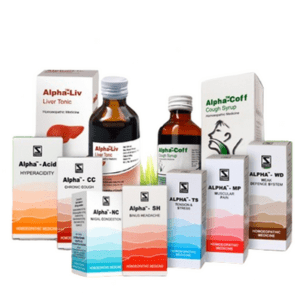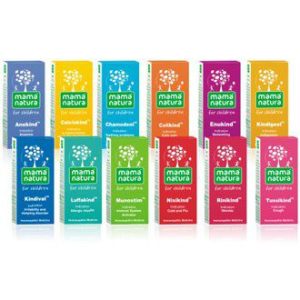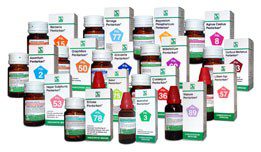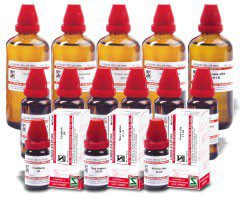Doctors Zone
Journal (JEBH)
Alpha™- Liv Drops
Alpha – Liv Drops Due to high demand from the market, for a formulation in drops for the liver, apart from the syrup already available in the market, Schwabe India developed this product. Introduction The liver plays a key role in metabolism. It has anabolic and catabolic, exocrine and endocrine functions. The liver is a blood reservoir, filter and store of different substances (e.g. glycogen, vitamins). It is the site of serum protein (e.g. albumin, prothrombin, fibrinogen) and enzyme synthesis. Metabolic processes (e.g. bilirubin, hormone, carbohydrate and lipid turnover) and the removal of toxic products are important liver functions. 1 Hepatotoxins (e.g. alcohol, tetracycline, acetaminophen, fungal toxins, and anabolic steroids) can cause specific damage to liver cells. Toxic hepatitis may be clinically silent or severe enough to lead to the rapid development of hepatic failure. Clinical features include hepatomegaly, enzyme abnormalities, fever, abdominal pain, anorexia, nausea, vomiting and weight loss. In patients with underlying cirrhosis, manifestations of portal hypertension may predominate. Aversion to fatty food, abdominal discomfort, nausea and vomiting after meals may be symptoms of 2 cholelithiasis. Jaundice results from accumulation of bilirubin. It has non-hepatic as well as hepatic causes. Hyperbilirubinaemia may be due to abnormalities in the 3 formation, transport, metabolism or excretion of bilirubin. TM Alpha -Liv Drops aids recovery and normalisation of liver functions. Severe liver disease needs specialised treatment. Indications: Slow liver functions, fatty liver, and for supportive treatment of hepatocellular jaundice and toxic liver damage.

India is to have separate Drug Controller for AYUSH medicines – Report – Schwabe India
Schwabe News Volume 4 | Issue 2 | February 2013
India is to have separate Drug Controller for AYUSH medicines – report
Keeping pace with global developments in Drug Control, the union health ministry is planning to set up a separate Central Drug Controller for Indian systems of medicine and homoeopathy. “India has a pluralistic healthcare delivery system where the government provides opportunity to every recognised medical system to develop and practice, with a view to provide integrated and holistic healthcare services,” Health Minister Ghulam Nabi Azad said few days ago inaugurating the International Conference on Traditional Medicine for South East Asian Countries in New Delhi. “The aim is to provide accessible, affordable, safe and quality healthcare to the people”, he said. Azad said all these medical systems are being utilised in the national healthcare delivery system, each to its potential and availability in different parts of the country. The process of mainstreaming has been further augmented under the National Rural Health Mission, with co-location of traditional medicine and homoeopathy facilities in the primary health network and capacity building of AYUSH practitioners in the national programmes of Reproductive and Child Health, Safe Child Birth, School Health, Anaemia control and Malaria eradication, he said. The minister said AYUSH doctors are now actively involved in national health programmes pertaining to reproductive and child health, school health, anaemia control and immunisation.
The Government is planning to set up a separate Central Drug Controller for traditional systems of medicine and homoeopathy, senior officials said. The decision was taken during the conference of traditional medicine in South East Asian countries. The conference was attended by health ministers of Bangladesh, Bhutan and Nepal. The ministers of indigenous medicine, Sri Lanka and other south east Asian countries, were also present. India signed a Memorandum of Understanding (MoU) with Bangladesh to cooperate in traditional medicine in the areas of exchange of health professionals, development of human resources and research. The MoU was signed by Mr. Azad and A.F.M. Ruhal Haque, health minister of Bangladesh. The parties also decided to promote cooperation between the two countries in the fields of health and medical sciences. Azad further said that the South-East Asian (SEA) countries have a rich heritage of several systems of traditional medicine. They have vast resources of medicinal plants and huge repositories of knowledge.
Source: Indo-Asian News Service, 13 February 2013
Recent Advancements in Basic Homeopathic Research – A Report on Two Significant Publication
In a study conducted at the Experimental Farm of the State University of Santa Catarina, Brazil, researchers investigated the impact of homeopathic treatments on piglets during the nursery phase. The study aimed to determine whether homeopathic agents could reduce fighting behavior, improve growth performance, and affect hematological, metabolic, and oxidative variables. The study included 108 weaned piglets divided into four groups: a negative control group receiving only the basal diet, and three groups receiving different homeopathic treatments at varying dosages.
Journal of Evidence Based Homeopathy Volume: 1, Issue: 1, January - June 2023
Comprehensive articles

Agrohomeopathy – A Review
Short cases

Unmasking the Intricacies: A Pyogenic Abscess Case Report

Lichen Simplex: A Singular Case Study

Ranula Unveiled: A Case Report and Management Approach

Lichen Simplex: A Singular Case Study

A Puzzling Presentation: A Case Report of Jaundice
Recent provings and updated materia medica

Acidum Formicum

Mygale

Thea Chinensis
Materia medica on phytohomeopathy

Chrysarobinum

Sanguinarinum nitricum

Thiosinaminum
Mother tincture

Asparagus Officinalis

Ginkgo Biloba

Rosmarinus Officinalis
Product watch

Alpha™- Liv Drops

Good Morning™ Constipation Drops

Zauber™ Hair Drops
Research News











